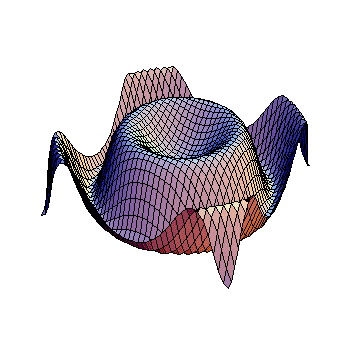How do you differentiate #f(x)=1/(x^sqrt(x-3))# using the chain rule?
1 Answer
Explanation:
So we have
Taking the log of both sides we have
Derivating we have
Using the chain rule on the left hand side we have
Isolating
It's important to notice we can't simply say
Because that only works for constant values on the exponent! Nor can we say
Because that only works when the base is a constant! If both base and exponent change, you need to use implicit differentiation with logs.

